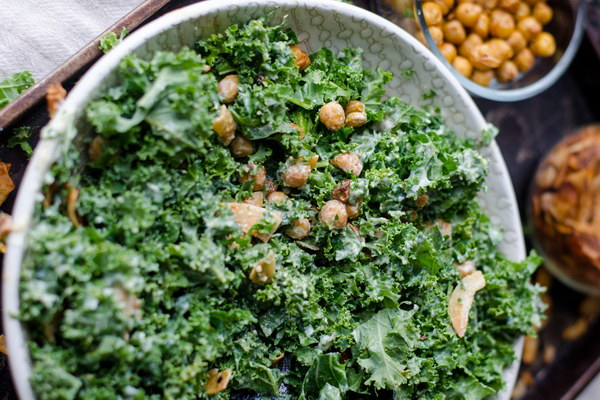Is It Safe to Drink a Wetness-Relieving Soup During Pregnancy
Introduction:
Pregnancy is a time when expecting mothers are often cautious about their diet and health. While most foods are safe to consume during pregnancy, there are certain concerns regarding specific ingredients or types of food. One common question that arises is whether it is safe to drink a wetness-relieving soup during pregnancy. In this article, we will explore the safety and benefits of such a soup for pregnant women.
1. Understanding Wetness-Relieving Soup:
Wetness-relieving soup, also known as Yin Xia Tang in traditional Chinese medicine, is a herbal soup that aims to relieve dampness and excess fluid in the body. It is commonly used to treat conditions such as edema, fatigue, and discomfort caused by dampness. The soup typically contains ingredients like astragalus, codonopsis, and ginger.
2. Safety of Wetness-Relieving Soup During Pregnancy:
The safety of drinking wetness-relieving soup during pregnancy largely depends on the specific ingredients used and the overall health of the pregnant woman. While some ingredients in the soup are generally considered safe during pregnancy, it is crucial to consult with a healthcare professional before incorporating it into your diet.
2.1 Safe Ingredients:
- Astragalus: Known for its immune-boosting properties, astragalus is generally considered safe during pregnancy when used in moderation. However, it is important to consult with a healthcare provider, as excessive intake may cause adverse effects.
- Codonopsis: Codonopsis, also known as Dang Shen, is commonly used in traditional Chinese medicine to boost energy and enhance immunity. It is generally considered safe during pregnancy when used in appropriate amounts.
- Ginger: Ginger has anti-inflammatory properties and is often used to relieve nausea during pregnancy. However, excessive consumption may lead to stomach irritation, so it is advisable to consume ginger in moderation.

2.2 Potential Risks:
While some ingredients in wetness-relieving soup are generally safe, there are certain risks associated with consuming it during pregnancy:
- Allergies: Some pregnant women may have allergies to certain ingredients used in the soup. It is essential to be aware of any known allergies before consuming the soup.
- Medication Interactions: Certain ingredients in wetness-relieving soup may interact with medications that the pregnant woman is taking. It is crucial to consult with a healthcare provider to ensure there are no adverse interactions.
3. Benefits of Wetness-Relieving Soup During Pregnancy:
Despite the potential risks, wetness-relieving soup may offer several benefits during pregnancy:
- Edema Relief: Excess fluid retention, commonly known as edema, is a common issue during pregnancy. Wetness-relieving soup can help alleviate symptoms of edema by promoting the elimination of excess fluid from the body.
- Energy Boost: Some ingredients in the soup, such as codonopsis, are believed to boost energy levels, which can be beneficial during pregnancy.
- Immune Support: Ingredients like astragalus may help enhance the immune system, providing additional support for the pregnant woman's overall health.
Conclusion:
In conclusion, while wetness-relieving soup may offer certain benefits during pregnancy, it is crucial to consult with a healthcare professional before incorporating it into your diet. The safety of the soup depends on the specific ingredients used and the overall health of the pregnant woman. By considering potential risks and benefits, pregnant women can make informed decisions regarding their health and well-being.









